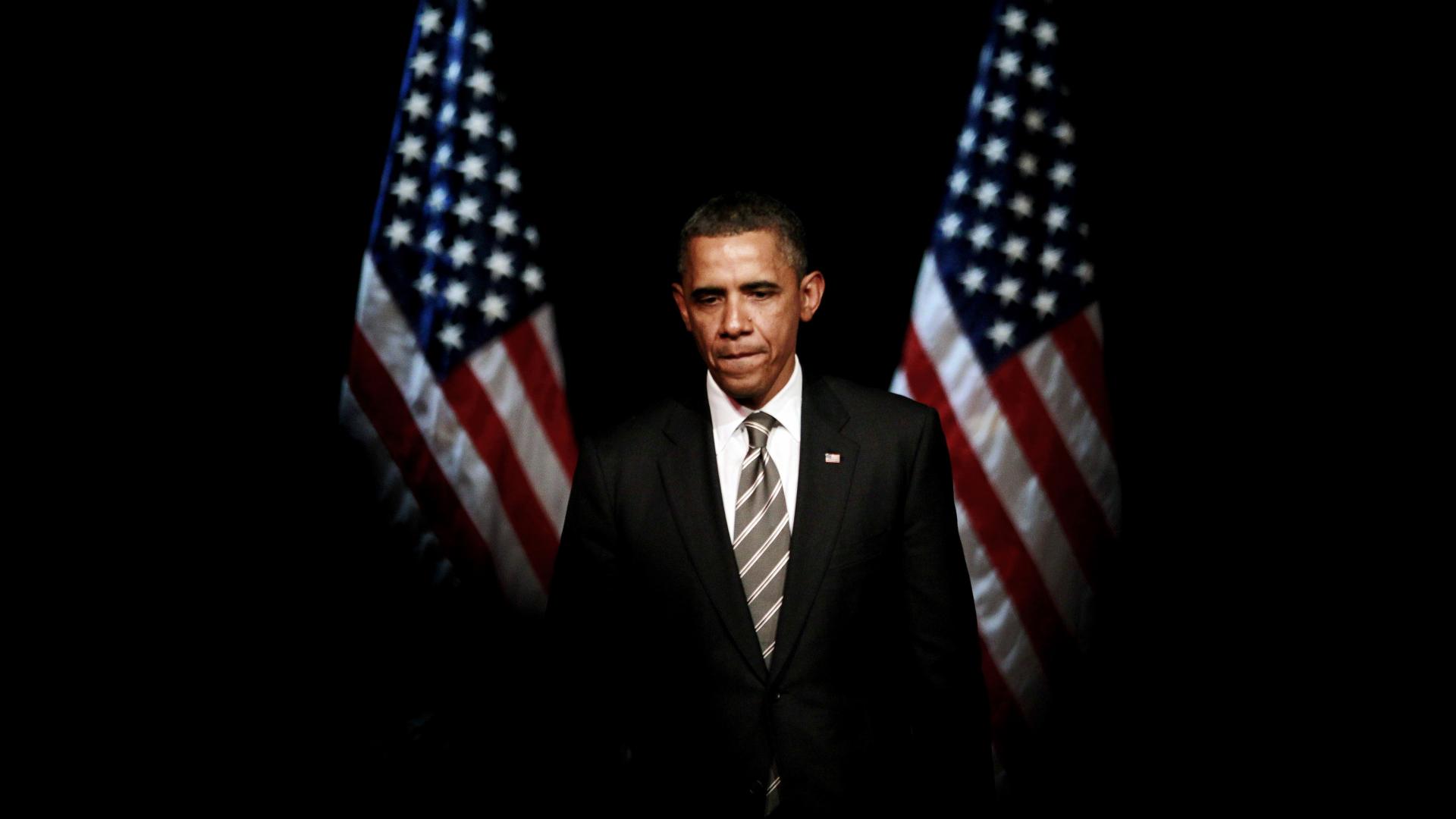
1. Early Life in Hawaii and Indonesia
Barack Hussein Obama II was born on August 4, 1961, in Honolulu, Hawaii, to a Kenyan father and American mother. He spent part of his childhood in Indonesia, experiencing different cultures and language. These formative years shaped his global outlook and ability to connect across diverse backgrounds.
2. Education and Social Activism
Back in Hawaii, Obama excelled academically and athletically. He attended Punahou School before earning his undergraduate degree at Columbia University. His early work as a community organizer on Chicago’s South Side taught him empathy, resilience, and grassroots leadership.
3. Harvard Law and the Birth of a Voice
In 1988, Obama entered Harvard Law School and became the first Black president of the Harvard Law Review by 1990. His leadership and legal writings drew national attention, establishing him as a rising star with intellect, eloquence, and vision.
4. Teaching and Community Leadership
After Harvard, Obama taught constitutional law at the University of Chicago and continued community advocacy. His ability to engage students and citizens showcased his unique gift of simplifying complex ideas with warmth and clarity.
5. Entry into Illinois State Senate
In 1996, Obama was elected to the Illinois State Senate. He fought for ethics reform, healthcare access, and economic opportunity. These years refined his political voice and strengthened his reputation as a principled reformer.
6. U.S. Senate Victory in 2004
Obama won a commanding victory for U.S. Senate in 2004, delivering his famous keynote speech at the Democratic National Convention. His speech soared with hope, unity, and purpose—and announced his arrival on the national stage.
7. Running for President in 2008
In 2007, Obama announced his presidential campaign with grassroots energy and digital engagement. His message—“Yes We Can”—captured hearts and motivated millions to volunteer, donate, and believe in change.
8. Historic Election and Campaign Innovation
Defeating John McCain in 2008, Obama became America’s first Black president. His campaign’s innovative use of social media, data analytics, and small donations revolutionized political strategy globally.
9. First-Term Achievements
In his first term, Obama passed the Affordable Care Act, ended combat operations in Iraq, and navigated the country through the 2008 financial crisis. He emphasized teamwork, science, and calm leadership during turbulent times.
10. Healing and Global Diplomacy
He delivered a landmark speech in Cairo in 2009 to improve relations with the Muslim world. In 2012, he authorized the mission that led to Osama bin Laden’s death. His diplomacy style combined listening, patience, and strategic clarity.
11. Reelection and Continued Leadership
Obama won reelection in 2012, defeating Mitt Romney. His second term focused on climate change, same‑sex marriage, and economic recovery. He also normalized relations with Cuba and signed the Iran nuclear deal.
12. Legacy of Health and Equality
The Affordable Care Act expanded insurance to millions. Obama also pushed for women's health rights, LGBTQ protections, and equal pay. He promoted hope, not division, leaving a legacy of inclusive progress.
13. Post‑Presidency & the Obama Foundation
After leaving office in 2017, Obama launched the Obama Foundation, focusing on leadership programs and civic participation globally. He also worked on memoirs and supporting community leaders in the U.S. and abroad.
14. Writing and Cultural Impact
- Books: Dreams from My Father, The Audacity of Hope
- Autobiographical and policy-defining bestsellers
- Netflix series: American Factory and Our Great National Parks
15. Championing Climate and Health
Obama rejoined the Paris Climate Agreement in 2016 and continued global environmental advocacy. Through his foundation and public platforms, he urges innovation and accountability on climate change.
16. The Power of Oratory and Hope
Obama’s speeches are rooted in empathy, big dreams, and family values. His delivery style—calm, measured, inspiring—has influenced a generation of leaders and speakers worldwide.
17. Family Life with Michelle and Their Daughters
Barack married Michelle Robinson in 1992. Their daughters, Malia and Sasha, grew up partly in the White House. The Obama family became a symbol of warmth, intelligence, and partnership—Michelle continuing as a powerful role model in her own right.
18. Global Influence Beyond Politics
Obama remains a global icon—advising on democracy, education, and civic engagement. He speaks across continents, mentors emerging leaders, and advocates for equity, peace, and human rights in public fora.
19. Media and Cultural Presence
Alongside Michelle, Obama signed a Netflix deal for documentaries and educational media. Their narratives highlight social justice, history, and storytelling. His memoirs and interviews shape ongoing public discourse.
20. Legacy, Inspiration, and Tomorrow
Barack Obama’s journey—from a biracial kid in Hawaii to the world’s most admired leader—is a testament to empathy, hope, and change. His presidency redefined public expectations of leadership and global citizenship. He continues to inspire future generations with his words, actions, and unwavering belief that progress is built through unity and courage.